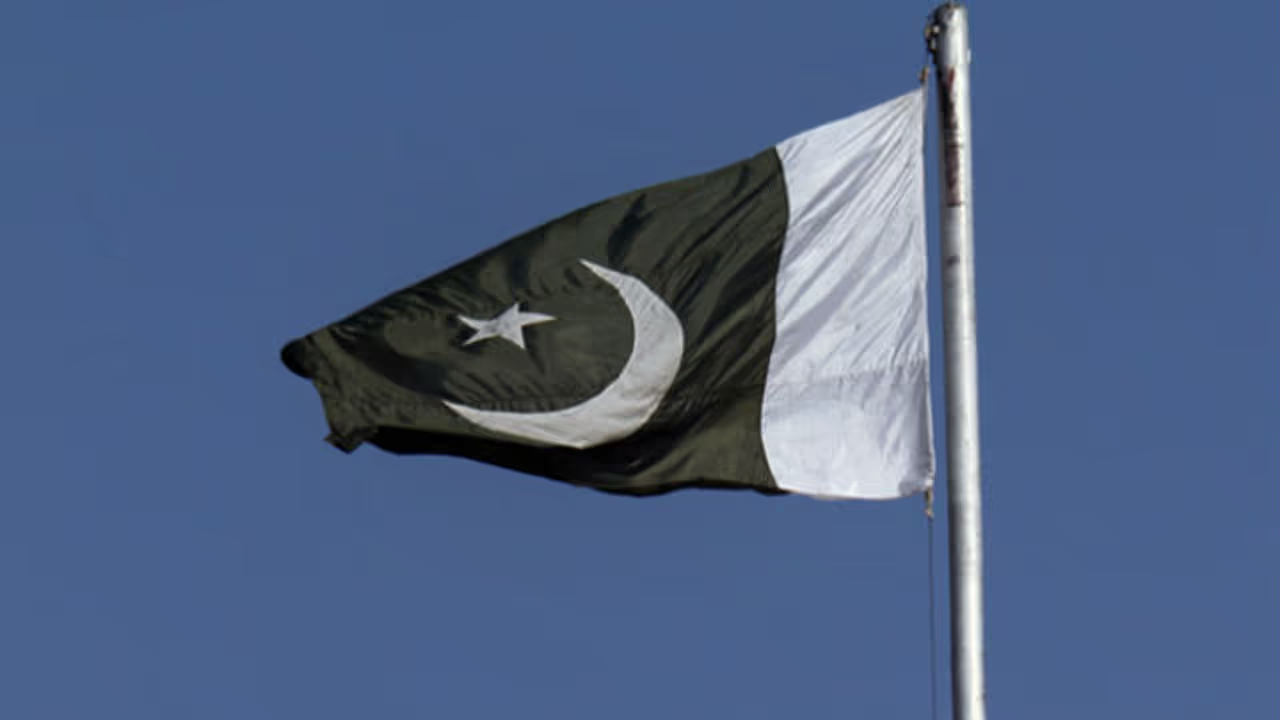Pakistan’s debt and liabilities are currently equal to 86.4% of its gross domestic product (GDP) — a ratio considered unsustainable for the country. The finance ministry ends up spending 36% of the total budget to repay the public debt.
Islamabad: Pakistan recently made headlines after the Pulwama attack, which claimed at least 40 CRPF jawans’ lives in Jammu and Kashmir.
On February 14, Pakistan-backed Jaish-e-Mohammed suicide bomber rammed an SUV car with 350 kg of explosives into an Indian security convoy at Pulwama.
Not only the Pulwama terror attack drew criticism from several countries from across the world including US, France, Germany and Russia, India also vowed to isolate Pakistan on a global scale.
India also withdrew the 'most-favoured nation' or MFN status from Pakistan, which was granted back in 1996.
Also read: Message to Pakistan: Indian polity stands united against terror
This means that India can increase customs duty on goods coming from Pakistan — a much needed punitive action for the repeated terror attacks on India.
Already, Pakistan recorded debts and liabilities worth Rs3.4 trillion at the end of 2018.
According to The Express Tribune — a major daily English-language newspaper based in Pakistan, Imran Khan-led is struggling to control the loss-making enterprises.
In the Pakistan finance ministry, taking new loans to repay old loans has become a new trend. The country also invited bids on Friday to hire financial advisers for floating Panda Bonds — a Chinese renminbi-denominated bond from a non-Chinese issuer – in the Asian giant’s debt markets, the newspaper reported.
Also read: India rubbishes Pakistani claim of no role in Pulwama terror attack
Pakistan’s debt and liabilities are currently equal to 86.4% of its gross domestic product (GDP) — a ratio considered unsustainable for the country. The finance ministry ends up spending 36% of the total budget to repay the public debt.
Moreover, since December 2017, Pakistan’s central bank has not only let the currency weaken by one-third, it also increased the interest rate by 4.50%.
The Pakistani newspaper also reported that the total external debt and liabilities surged to Rs12.8 trillion and this is mainly because of the borrowing from Chinese and Saudi Arabia, which were made in the first half of the current fiscal year for the balance of payments support.
On February 17, Pakistan welcomed Saudi Crown Prince Mohammad bin Salman. According to Pakistan media reports, Punjab chief minister Sardar Usman Buzdar said that the “wide-ranging Saudi investment” would help eliminate poverty in the country.
It is indeed surprising to see a nation, which is already neck deep in debts and poverty, back terror activities and tarnishes ties with its neighbouring countries, especially India.
